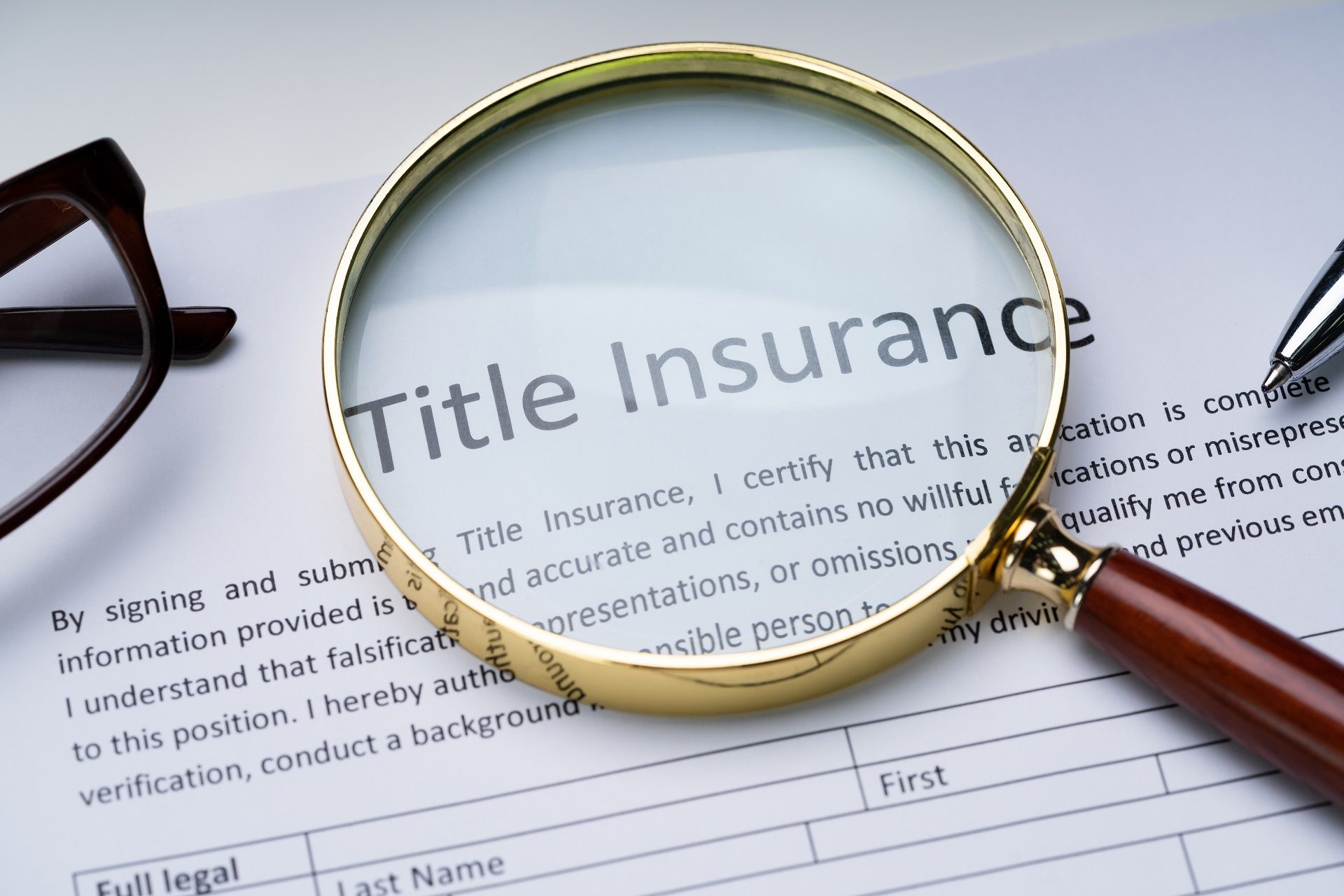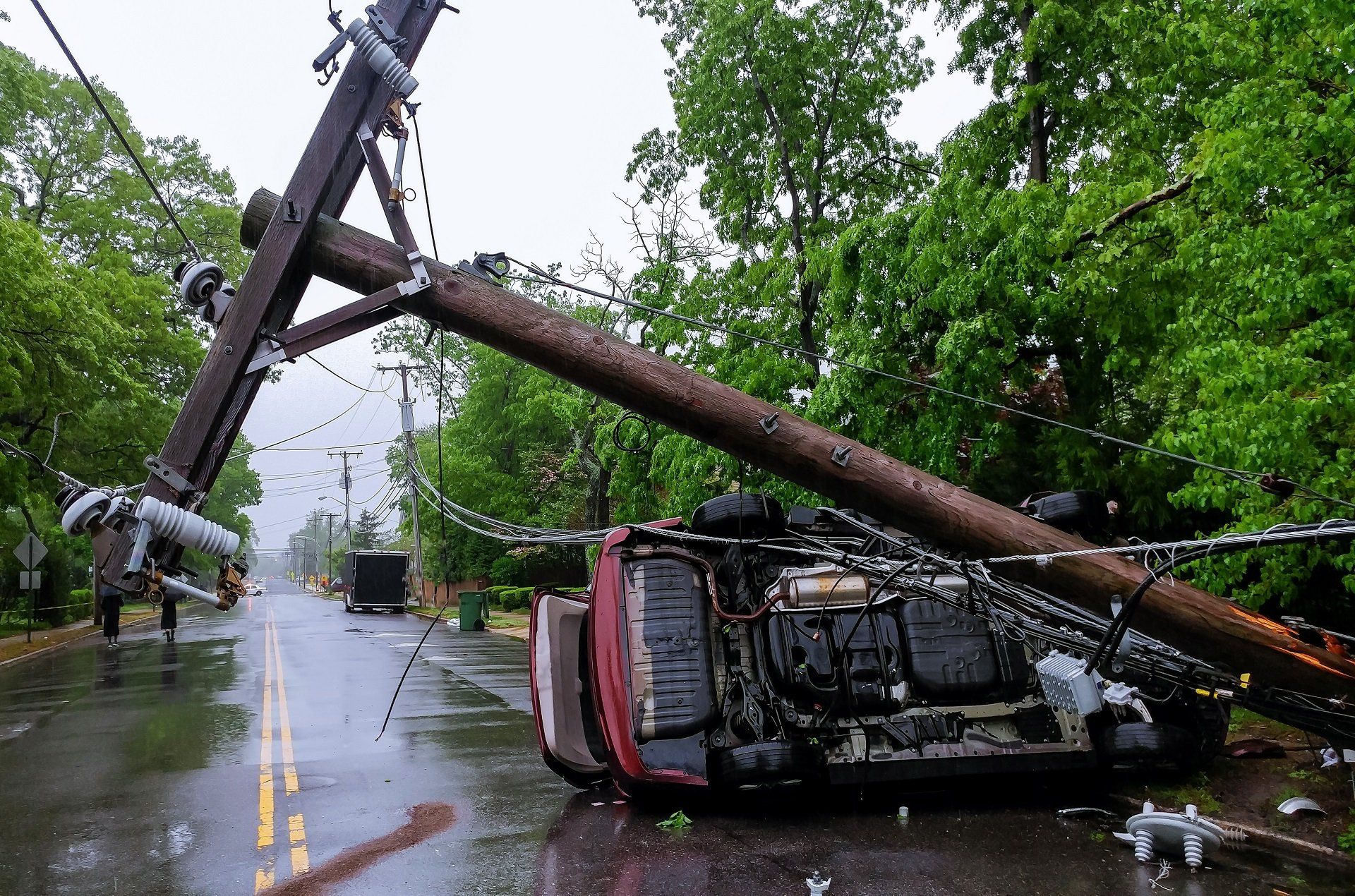UNDERSTANDING THE LITIGATION PROCESS – WHAT HAVE I GOTTEN MYSELF INTO?
April 4, 2012
Introduction
Litigation, or dispute resolution, is the process by which lawsuits are handled. At Crary, Buchanan, Bowdish, Bovie, Beres, Elder & Thomas, Chartered, we refer to the entire litigation process as a process of dispute resolution. Resolution can involve a variety of different strategies and techniques. Quite often, disputed matters are resolved through negotiation, in which people settle their differences. Sometimes, however, the matters are only resolved through aggressive, vigorous representation all the way through trial. It is important to most clients, as well as the firm, to evaluate matters, cases, and claims with both a legal and economic view towards the best solution for the client under the circumstances. Because of the high cost of litigation, economic considerations are important for clients in making decisions as to whether to pursue certain claims and in evaluating the strategy to defend claims. To most clients, litigation is a new experience, or it has never been explained fully to them in past matters. The purpose of this article is to generally describe the litigation process, and provide some insight to you, as a client or potential client, so that our attorney/client relationship will be more fully understood and the dispute resolution process, of which you are a vital part, will not be such a mystery.
Nature of the Forum
In most cases locally, litigation occurs in state trial courts. There are, however, federal courts in Miami and West Palm Beach that are appropriate for some dispute resolution. In addition, litigation can arise in matters involving arbitration panels, administrative boards, private referees, or mediation panels. Since, however, most litigation involves the state court, this memorandum emphasizes that forum.
In state court, there are two general kinds of cases: civil and criminal. A civil matter involves a dispute between two or more parties in which a court is being asked to decide and act upon the claims of the parties. Some matters may be determined by a jury, and other matters, such as a divorce, are decided by a judge without a jury. Generally, jury trials are more expensive than non-jury trials. However, in deciding whether to pursue either a jury or non-jury matter, consideration must be given to other intangible factors. Some questions are better decided by a judge, and others are better decided by a jury.
Economic Considerations
Because of the high cost of litigation, both in human and financial terms, economic factors are something every client should consider. In addition to compensation for the professional services rendered by the firm, expenses for court reporters, transcripts, service of papers, and witness fees, including expert witness fees, add to the financial impact to the client. Expert physicians, for example, charge somewhere between $300.00 and $1,000 per hour. Expert
accountants, economists, engineers, and others generally charge between $150.00 and $300.00 per hour. These expert witnesses are quite often important to a case and invariably expensive. A general awareness of these costs and expenses is important when you make strategic decisions concerning your case. Quite often those fees are unavoidable if a matter is going to be successfully litigated.
In addition to the actual financial expense involved, there is often a large human expense involved in litigation. Your time away from your business and focusing on this legal problem is a very real cost. The more hours you spend on resolving a past dispute, the less time (and energy) you will have to concentrate on the present. Nonetheless, because of the nature of a dispute, you may have no alternative but to invest your time, energy, and money in protecting your interests.
Nature of Advocacy
Advocacy is a combination of legal talents and hard work. In litigation, your lawyer is your advocate. To be skilled in advocacy, a lawyer needs not only training and background, but also a full knowledge of the facts and applicable law in your case. At the same time, the advocate needs to understand not only the facts as presented by his or her own client, but also to weigh and evaluate the facts as presented by the other side. It is from the clash of those facts and their interpretation in legal argument that the matter is presented to someone for ultimate decision. It is, therefore, crucial to the concept of advocacy to recognize that the opposing party usually has something to talk about in cases that go to trial. The result, in litigation, is that it is almost always a mistake to quickly conclude that the other side’s position is without any merit whatsoever. Instead, there is no substitute for investigation, review, preparation, and analysis in effectively evaluating a client’s position.
Predictability
Because litigation involves a dispute between two or more sides, a competent ethical lawyer and law firm cannot guarantee the outcome of any given contested matter. It is from a clash of ideas, and disputed facts, as well as differing interpretations of the law, that a court ultimately makes its decision. Indeed, in litigation, it is not only what you say or what your documents show that the court will consider. The court will also consider not only the way in which you and your witnesses have testified, but also how and what the opposition has presented in evidence. In addition, although statutes existing on the books and cases in the past have interpreted similar facts, the law is constantly changing. As a result, interpretations of existing law may change. Some cases are well known to lawyers for their “first case impression.” Other cases are seen as opportunities to change existing law or existing interpretations. Other cases may involve clear guiding law but cloudy facts. Dispute resolution ultimately hinges not only on the facts as they are presented, but also the law as it is being interpreted at the time. In the modern process of litigation, even where historical interpretation of the law may seem clear, rarely will existing law or its application to the facts be sufficiently certain to allow your lawyer to accurately predict the outcome of your case.
Mediation
Currently, in state court cases in this area, courts require parties to attempt to mediate their differences before the case can actually go to trial. A mediation system has been put into place where parties, with their attorneys, attempt to settle the case before it is actually tried. Our experience in mediation is that it is a vehicle that quite often results in the settlement of matters that would not otherwise settle. For mediation to be effective, however, it is probably better if the case has been researched and investigated before the actual mediation session. When the case has been fully prepared, the chances of a mediated settlement are fairly high. When a case goes to mediation too soon, and without sufficient time for the parties to understand the facts on both sides, there is less of a chance for an acceptable settlement. On the other hand, sometimes cases do settle early before all the facts are fully understood, in which case significant savings in legal fees and expenses can occur. You should consult with your lawyer as to when to seek a mediated settlement. The process of mediation involves the appointment of a neutral mediator, with the costs shared equally by each side. The mediator attempts to have the parties resolve their disputes without the need of a trial, if possible.
Final Word about the Process
In today’s world, the assertion and protection of legal rights cannot be a decision made lightly by a client. Economic considerations are paramount. The uncertainties in the process quite often cause lengthy delays before a matter is resolved. Once litigation has started, the parties will not seriously consider settling a dispute until the mediation process, as a last step before trial, is completed. Quite often, results of the process depend not only on your strategy, but also on the strategy, reasonableness, and position of your opponent. For these reasons, litigation is not a process that you should anticipate will result in a quick or easy solution to your problem. History has shown us, however, that the process ultimately works in most cases. As long as you have realistic goals, know the limitations in the process, and recognize its expense, the litigation process will serve your needs.
The post UNDERSTANDING THE LITIGATION PROCESS – WHAT HAVE I GOTTEN MYSELF INTO? appeared first on Crary Buchanan.
Disclaimer: The information on this website and blog is for general informational purposes only and is not professional or legal advice. We make no guarantees of accuracy or completeness. We disclaim all liability for errors, omissions, or reliance on this content. Always consult a qualified professional for specific guidance.






